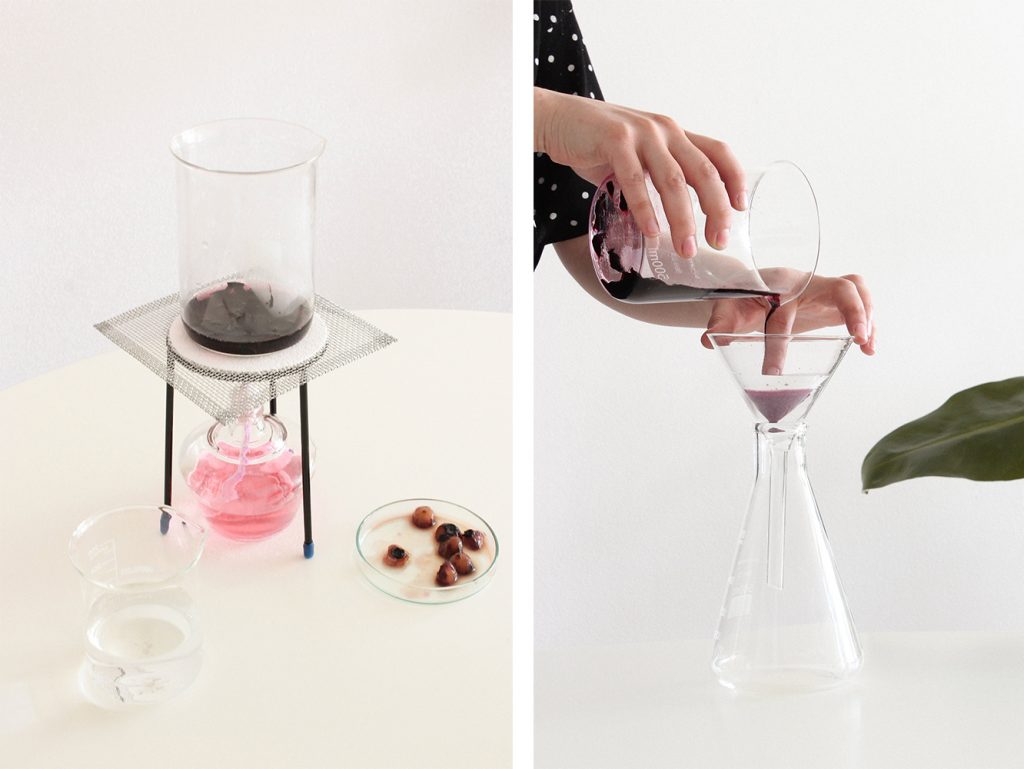Les packaging à base d’algues de Margarita Talep
Exit les emballages plastiques aux durées de vie éclair et aux méthodes de production toxiques ! Margarita Talep a mis au point une nouvelle forme de bioplastique, réalisé entièrement à base d’éléments organiques.
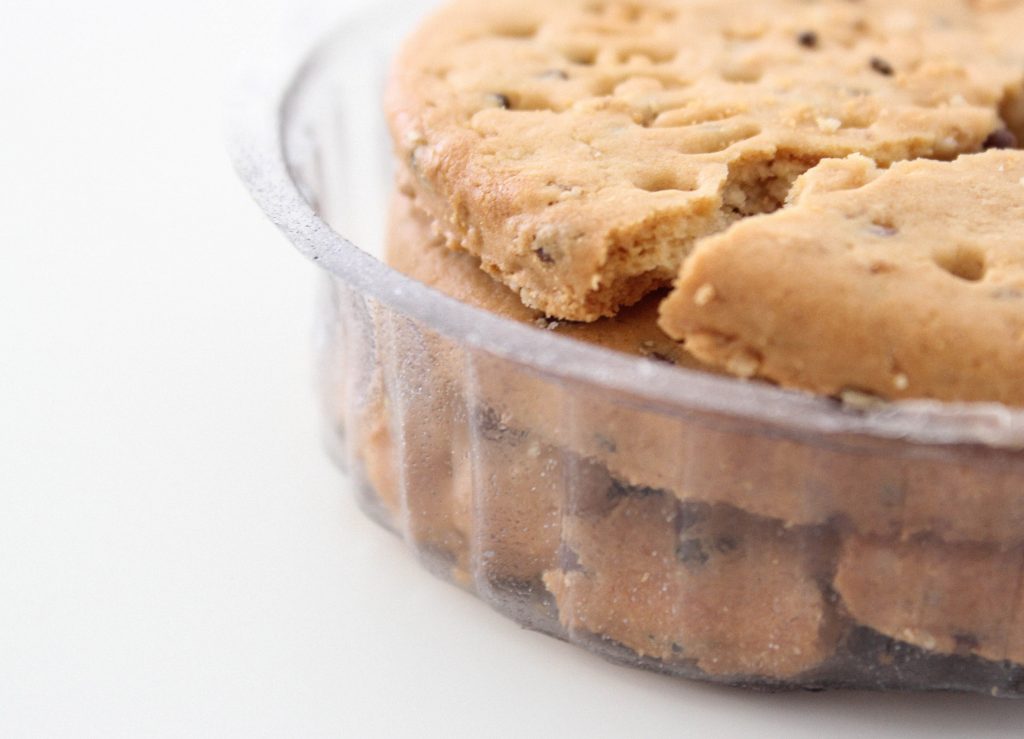
Et si on en finissait pour de bon avec les emballages plastiques à usage unique qui ne cessent de polluer notre environnement ? C’est du moins ce que l’on peut sérieusement envisager grâce à la designer chilienne Margarita Talep qui vient de développer une prometteuse matière, élaborée à base d’algues marines.
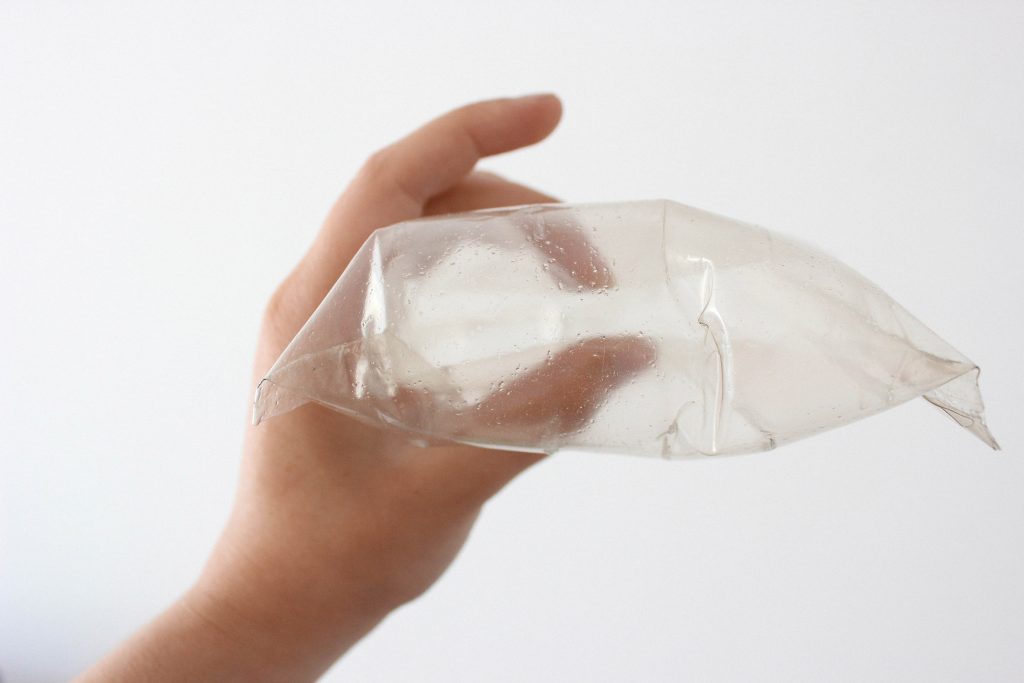
Conçus comme une alternative durable et biodégradable au plastique, ces packaging nouvelle génération ne comprennent que des matières organiques, avec principalement l’agar, une substance gélatineuse que l’on extrait des algues rouges par ébullition.
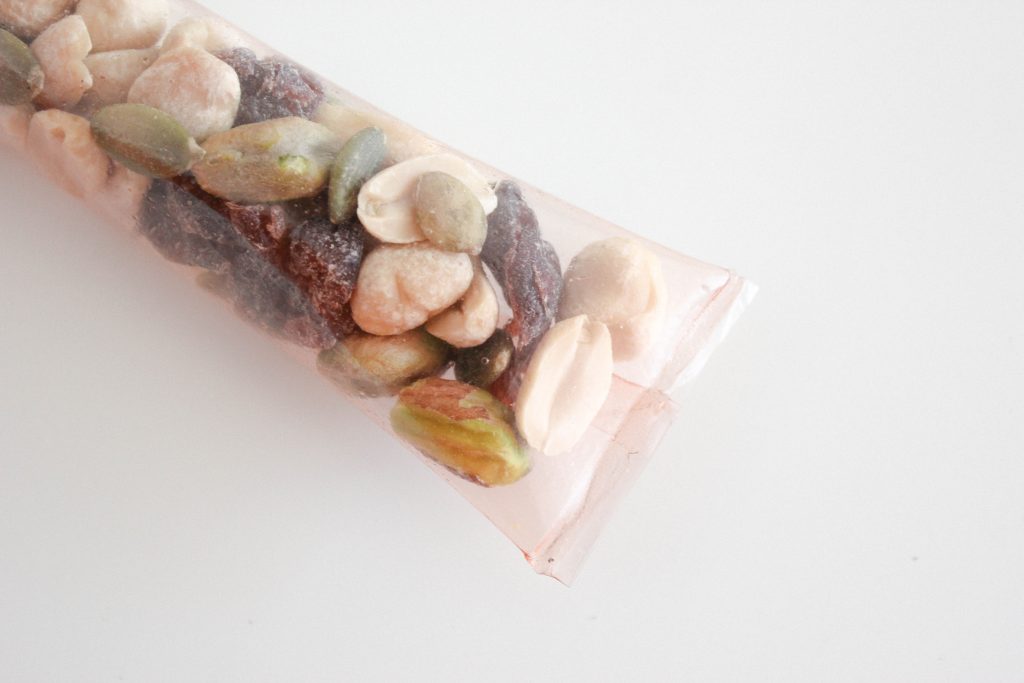
Une méthode de production 100% naturelle
Ajouté à de l’eau, un additif et un polymère naturels, on obtient en effet une forme de bioplastique dont les caractéristiques (souplesse, résistance, épaisseur…) peuvent varier en fonction des doses utilisés, de la température à laquelle les éléments ont été chauffés et refroidis. Côté esthétique, ce matériau revêt des couleurs douces et chaleureuses obtenues également de manière complètement naturelle grâce à des teintures végétales extraites de chou, carotte ou encore de betterave. Une matière polyvalente en somme, qui permet à Margarita Talep d’envisager une gamme variée d’emballages eco-friendly.
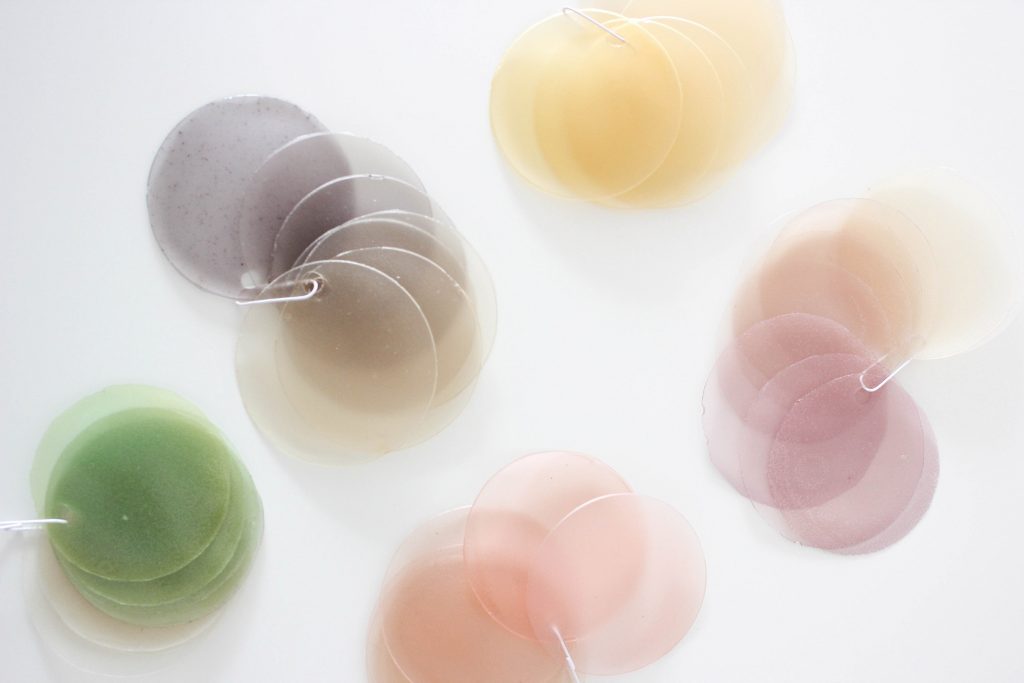

Le plastique du futur ?
“Je crois que la biofabrication constituera un élément important des industries futures”, a déclaré Margarita Talep, tout en nuançant : “Tant que tous les processus d’extraction et de fabrication de ces matières premières sont réalisés dans le respect de l’environnement.” Bien que certains bioplastiques soient critiqués pour ne se décomposer que par des températures supérieures à 30°C, l’entrepreneuse insiste sur le fait que leur dégradation n’en est pas moins effective. En effet, le matériau met environ deux mois à se décomposer en été, selon l’épaisseur, et environ trois à quatre mois complètement en hiver.
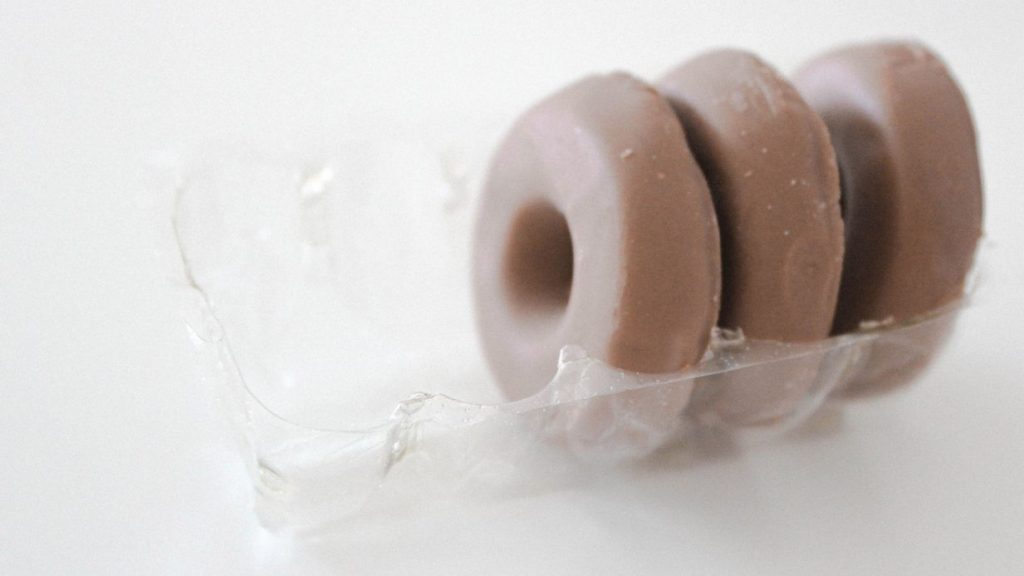

Une belle prouesse lorsque l’on sait, par exemple, qu’une bouteille en plastique classique nécessite entre 100 et 1000 ans pour complètement se dégrader dans la nature. De quoi plébisciter, sans conteste, l’invention de Madame Talep et également en profiter pour découvrir les nouvelles innovations, éco-conceptions et démarches écologiques, disponible sur la dernière étude « Influences AW20-21 » (à partir de la page 16) de Promostyl, aussi disponible dans le Pack Fondation AW20-21.
